How I Plan For Travel to New Countries
As many of you may know already, I’ve been traveling solo & continuously since 1998. By now I’m a well-seasoned traveler, accustomed to dealing with changing countries, languages, food, hotels & guest houseS, currencies & exchange rates, peoples’ customs and religious habits, climates & topographies.
However, I’ve spent a majority of these 17 years traveling, working & living around SE Asia, often revisiting the same handful of countries over and over again. (With long jaunts to Australia, Brazil, China, UK, Spain and the US tossed in over the years.)
At times I’ve living & worked 3-6 months in one location (usually while teaching scuba diving). And I’m continually re-visiting my favorites cities, towns, islands and countries. In fact one reason I’ve been ‘stuck’ in SE Asia so long is that I love these countries and really enjoy re-visiting all my favorite spots.
Although it might not look like it, I’ve actually set out to see the whole world. Which means that at some point I’ve got to leave this region and get to some new destinations!
So finally in 2013 and 2014 I began breaking away from SE Asia to visit countries new to me: India, New Zealand and Fiji, in particular. I noticed while preparing to visit those new countries that even for veteran travelers like myself, there’s a huge difference between re-visiting countries I know well and traveling for the very first time to a brand new nation.
Re-visiting countries I’m already familiar with is easy! It entails a lot less work, a lot less preparation, a lot less learning of new information and a lot less stress.
I already know where to stay, eat and shop for all sorts of daily needs. I know what I want to see and do, be it particular cities, beaches, temples or museums. And I know people – locals, like owners and staff of guest houses, shops and restaurants.
I’m familiar with the currencies, so no stress about handling money, paying for things and taking cash from the ATM. I know the prices of things, more or less. Costs might have risen a bit since my last visit, but I know the overall costs involved / I won’t be far off track.
I know exactly how to get from the airport to exactly where I want to go, as well as how long it will take and how much it will cost.
When I set out to visit India, NZ and Fiji, I quickly realized that preparations are quite different when heading off to a brand new country. I don’t know any of that stuff. I don’t know how to get from the airport, where to stay or eat, where to buy water or supplies, nor what to see & do.
Suddenly I found myself with a lot of learning, planning and preparation on my hands before I could get rolling.
I know some travelers prefer to just wing it. Pick a country, book a flight, arrive with no clue where to go, what to see or do. Just discover everything as they go along.
While I can understand the appeal of that sort of spontaneity and adventure, that style of travel doesn’t really appeal to me. I always feel I might miss out on great things because I hadn’t read about them beforehand and thus didn’t even know they existed.
I much prefer to read, research, prepare and plan it all out. For one thing, I just love planning, researching and organizing. So when it comes to travel, I enjoy researching new places and planning out the details of where I want to go, see and do.
The whole process is quite exciting and fun for me, plus I feel I won’t miss anything great by not knowing about it. Research also lets me calculate how much time I’ll need to spend in a country and at each location I visit.
Based on my recent jaunts to new countries, here’s how I go about researching, planning and preparing to visit a new destination.
My research basically involves two sources: a current guidebook and the internet.
A. Reading through a current guidebook
If I’m anywhere near a bookstore, one of the first things I do is go check out a current Lonely Planet guidebook about my destination country. If the book price is reasonable, I might buy it.
Otherwise I’ll later look for a used version elsewhere.
With much older guidebooks, I know prices will be outdated as well as public transportation information and specific hotels, guest houses, restaurants, bars and stores. However, any country’s major attractions, destinations and activities are going to be pretty much the same 20 years on. I find that older guidebooks are fine for most everything except prices and specific businesses.
Meanwhile, most modern bookstores let customers browse through books while standing in the aisles. I take this opportunity to do my preliminary ground work to get an overview of the country, particularly about what to see & do, costs and a few logistics.
In the guidebook I look up:
Destinations
Attractions
Activities
National parks, beaches, islands, mountains: any natural places in the country
Cities and towns
Museums, art galleries, temples or churches, cultural attractions and so on.
Accommodation options and prices
Local food options and prices
Dangers & Annoyances
Medical considerations
Domestic transportation options, distances and times between various destinations
Climate
Topography, geography
From guidebooks, I usually skip reading about:
currency exchange rates
recommended budget & costs
recommended routes & itineraries
flights to/from the country
country history, politics, religion, arts & culture (I’ll read that later en route if I’m interested and have more time)
A few notes on my guidebook research:
Accommodation options and prices
Since BBC took over Lonely Planet some years back, they’ve become less & less geared to budget travelers. They only list, at most, a few budget guest houses, hotels and hostels in any given location. And the ones listed are usually not the lowest priced options.
So I take LP’s accommodation listings with a grain of salt. But I can at least determine the location of budget areas in particular cities & towns and get a general idea of prices.
Local food options and prices
LP lists mainly mid-range, tourist and gourmet restaurants. They don’t include many local shops or food stalls, if any at all. So I don’t use LP as an eating guide. I simply show up in my destinations then scout for local food shops.
When I’m visiting expensive countries, I plan on buying groceries and cooking.
Medical considerations
If I’ll be traveling to a developing country, I’ll take a quick look through the guidebook to see if there are any particularly dangerous or pesky illnesses to be aware of, perhaps to get immunizations for. Occasionally countries also require specific immunizations, so it’s good to know beforehand.
Dangers and Annoyances
I quickly read through a current guidebook’s recommendations on dangers and annoyances, just to be aware of any particular scams, whether or not it’s safe to walk around at night, whether women are harassed and so on.
If there are any specific issues, I’ll prepare for them mentally and, if necessary, by buying any products, clothes or whatever might be required to avoid danger.
That’s about it for guidebook research. I’ll generally buy a guidebook, either new or used, before travel, and delve more deeply into the attractions, destinations and activities.
B. Internet research
Currency exchange rates
I look up exchange rates online, usually a few months before I head to the country. I prefer yahoo’s currency converter.
I keep an eye on the country’s exchange rate for a few months leading up to my visit. I become familiar with the currency in terms of US, calculating various costs and figuring out how much to withdraw from an ATM upon my arrival to last me 1 week to 1 month. By the time I arrive, I’m usually quite familiar with the currency and its value.
Climate
I’m pretty pick when it comes to weather! I can tolerate very hot & humid climates well but do not like cold much. Rain is ok in small doses, but I avoid long rainy seasons and prefer bright sunny skies, day in and day out.
So an important aspect of trip planning for me is finding out a country’s climate and deciding which months I prefer to visit. In four-season regions, I’ll go during summer months. In countries with a dry and wet season, I’ll definitely opt for dry season.
Of course knowing the temperatures and precipitation will help me choose what type of clothing to pack.
My favorite online weather site is World Weather Online.
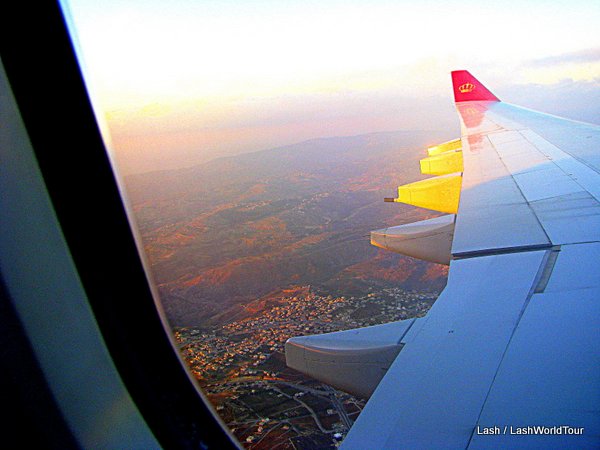 Flights
Flights
I usually do all my flight research and booking online. On great occasion I use a travel agent, for instance when I’m booking a flight requiring flights between multiple cities. Sometimes agents actually find cheaper deals than I do.
I start with a simple Google search ‘cheap flights from … to …’ with the search results. I generally check out a few general flight booking sites like CheapOAir to get the general fare and find out which airlines offer the cheapest flights between those destinations.
Then I check the specific airlines sites directly. Sometimes their rates are actually cheaper than the general booking sites. This also skips fees often imposed by booking agents.
I don’t spend too much time searching for flights because it drives me crazy. I dont’ want to use up hours * hours of my time just to save $5-10. Once I figure out the airlines and/or booking sites that offer the best fares, I return to those few sites to check flight prices on several different days and at different times of the day before actually choosing a flight and making the booking.
Domestic transportation
After I know a few destinations I want to visit, I go online with a Google search to look up buses, trains and other transportation options between the destinations. I check costs, travel times and frequency of buses/trains.
If public transportation is expensive I start searching for alternatives, including ride shares, vehicle re-locations and flights (which can often be cheaper or the same price as buses and trains in some countries).
Visas
I always go directly to the particular country’s embassy website. Obtaining visas is official government business and the embassy websites give the most accurate official information. Well, usually.
If I’m planning to apply for a visa to country A at their embassy in country B, I’ll specifically visit the website of country A embassy located in country B. Eh?!
For instance, if I’m going to apply for a Thai visa while I’m in Kuala Lumpur, Malaysia, then I’ll go to the website of the Thai Embassy in KL. Not to the website of the Thai Embassy in Washington DC, even though I’m American.
Embassies of any given country often vary in their policies about visa costs *because of different currencies and exchange rates), hours of operation, time it takes to process the visa, and other procedures. Be sure to use the embassy website for the country in which you’re going to apply for the visa.
C. Other sources of information
Travel Bloggers
If I know a particular travel blogger has recently visited my target destination, or they’ve spent a lot of time there, then I’ll often go read through their blog articles for stories, tips, recommendations and photos.
Sometimes I contact fellow blogging friends by email to ask about costs of accommodation, local food, transportation and overall monthly expenses for budget travel.
LP Online
Lonely Planet gives very basic information on each country freely on their website. I much prefer visiting a bookstore and flipping through their full guidebook, which always give heaps more information.
Preparation and Planning for the trip
* Once I know all the destinations, activities and attractions I want to see & do, I start making an itinerary. How long to stay in each place, what to see & do there. How to get between destinations. Where to stay and how to feed myself.
From that I can figure out how much time I need to visit the country. Usually this is limited by the visa, which usually grants 1-3 months.
* Once I know general costs of accommodation, food, transportation and miscellaneous purchases and entry fees, I can start figuring out how much it will cost me. I also become familiar with the currency and the value of various goods & services in terms of $ US.
* After booking my flight(s), getting a visa if required, planning what to see & do and where to go, I’m pretty much ready to go.
QUESTIONS:
How do you plan for trips to new countries?
Do you prefer to research, plan and prepare or to jump in and wing it?
—————————————————————————————————————————
You might also find the following posts useful:
How to Afford Long-Term World Travel
———————————————————————————————————————————

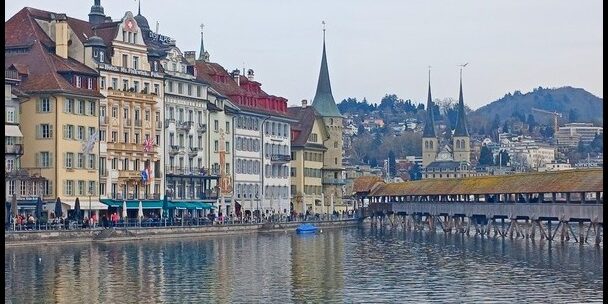
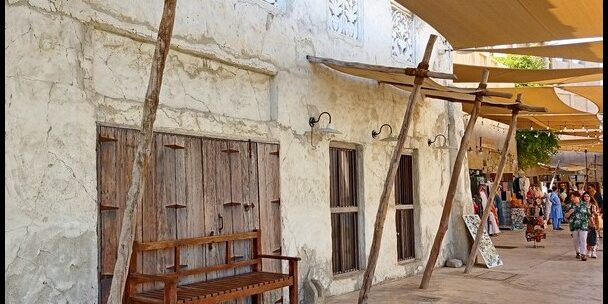
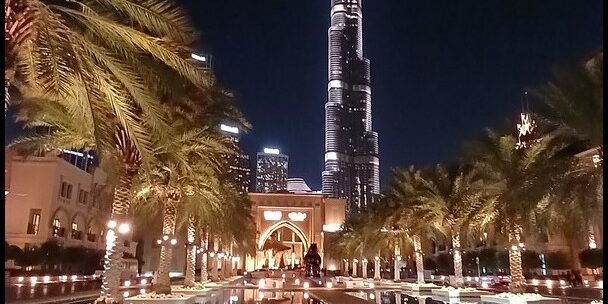



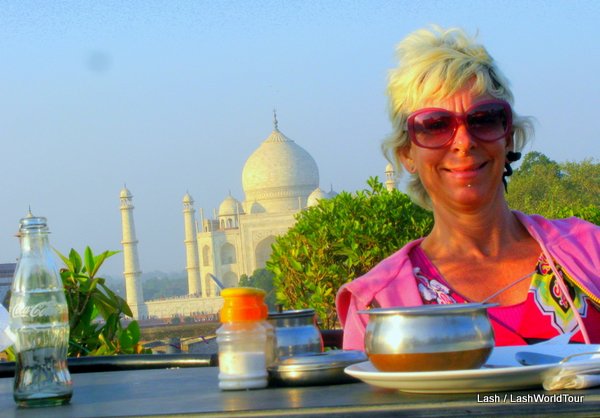
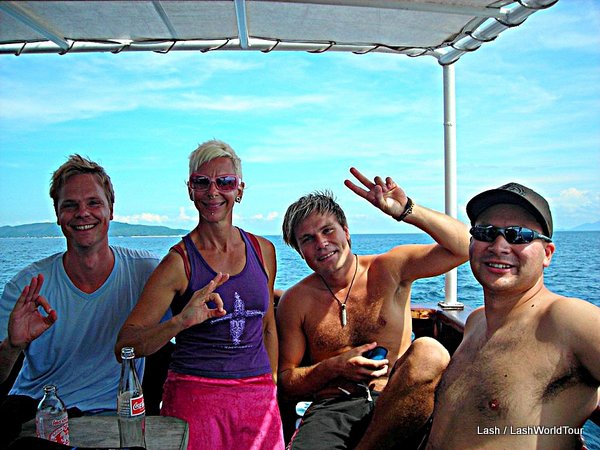
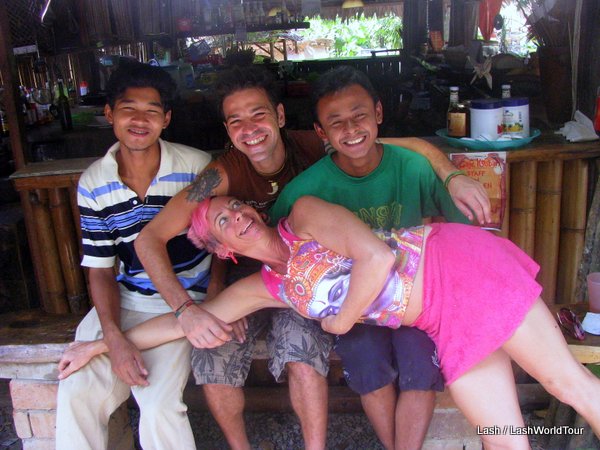


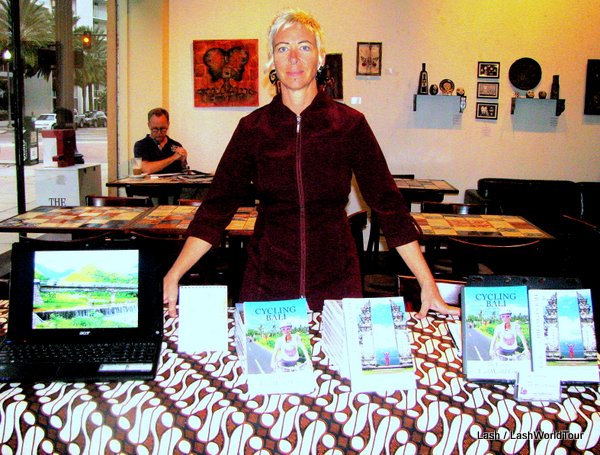
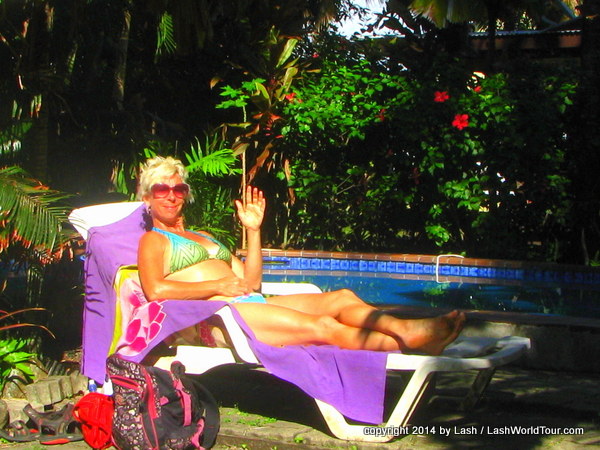
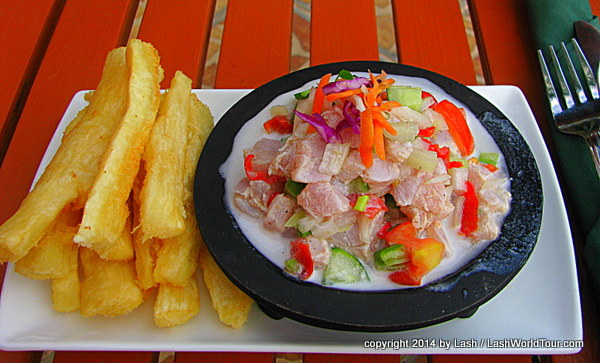
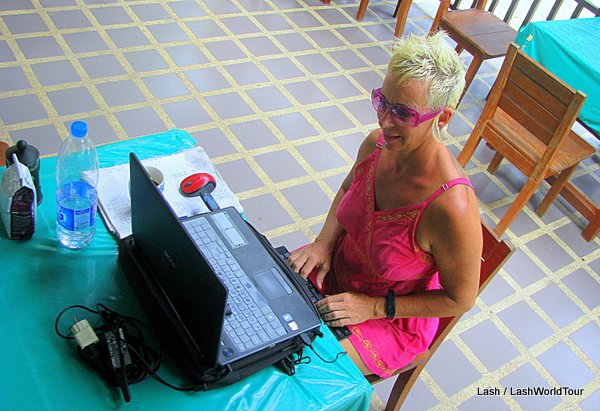
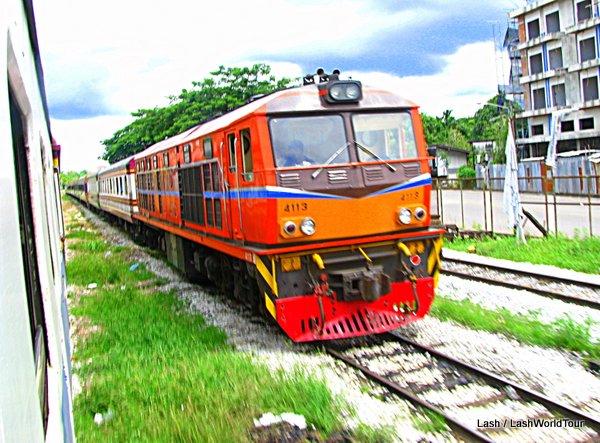
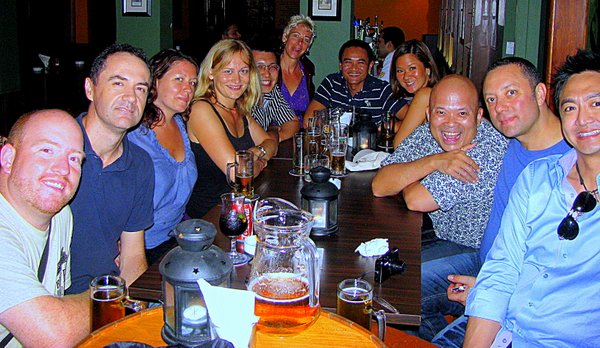
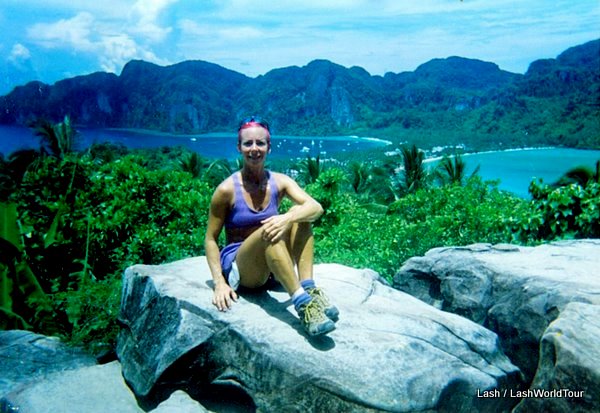
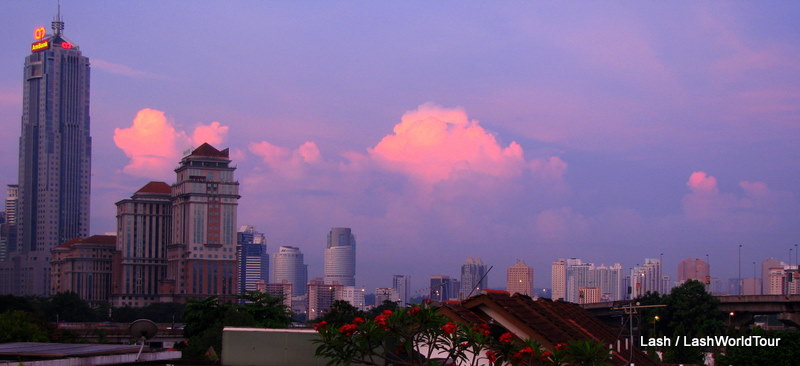
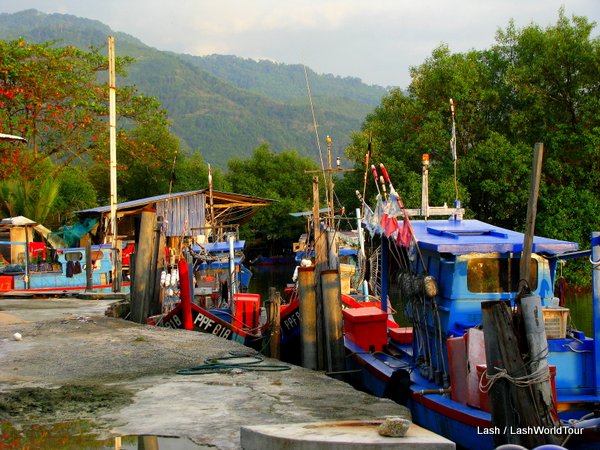
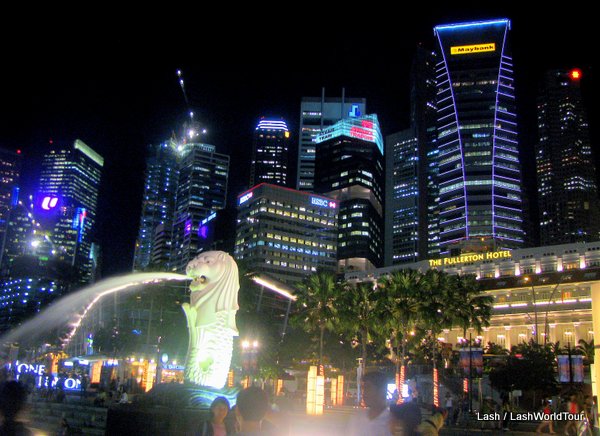


 Hi! I'm Lash, an American nomadic world traveler who's been traveling solo since 1998. I’m passionate about traveling the world nomadically and then sharing it all with you. I hope to inspire you to travel the world, to entertain you with tales from the road, and to help you reach your travel dreams. Welcome!
Hi! I'm Lash, an American nomadic world traveler who's been traveling solo since 1998. I’m passionate about traveling the world nomadically and then sharing it all with you. I hope to inspire you to travel the world, to entertain you with tales from the road, and to help you reach your travel dreams. Welcome! 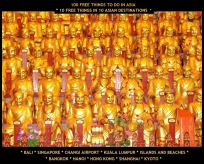


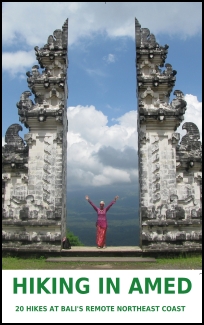
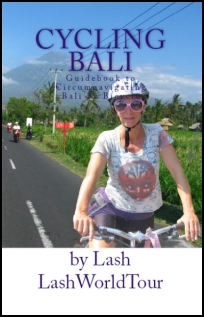
1 pings
My 10 Best Travel Tips of 2015
2016/01/17 at 12:50 am (UTC 8) Link to this comment
[…] 6. How I Plan For Travel to New Countries […]